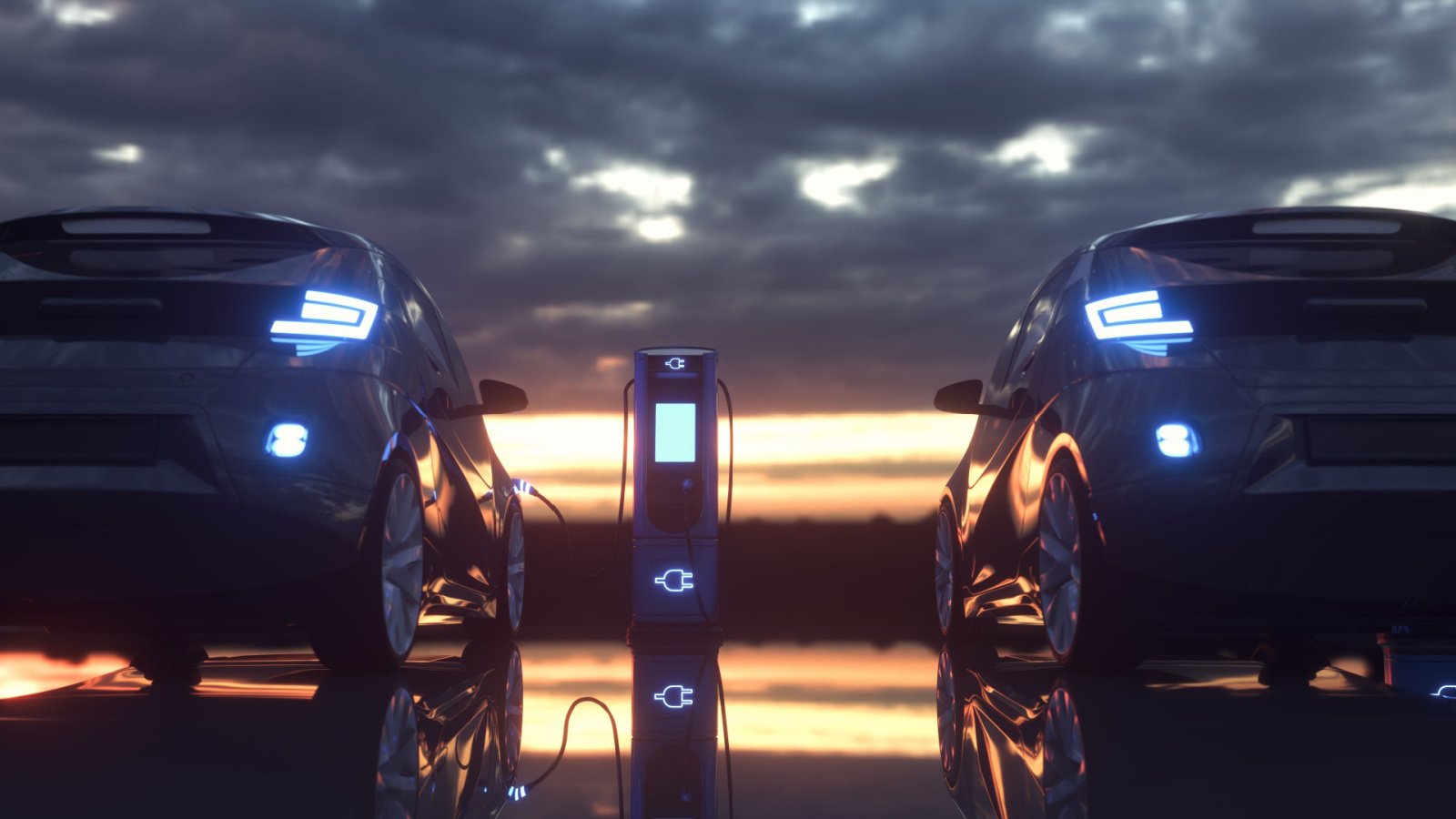
On Wednesday, we talked about my number one electric vehicle pick – and it’s not what you may think.
While I usually prefer “behind the scenes” plays on the EV megatrend – like companies that supply the materials that are essential to EV operation – one automaker has been on my “buy and hold” list for a long time: German automaker Volkswagen AG (VWAGY). Go here to get the first part of my bullish case for VWAGY.
To continue, Volkswagen’s considerable growth potential, coupled with the stock’s rock-bottom valuation, provides ample reason to pull the “buy” lever.
Thanks to its focused and substantial investment in producing a new generation of electric vehicles, VW has embarked on a robust, multi-decade growth trajectory.
The company makes no secret of its ambition to become the world’s preeminent EV company… and it is making rapid progress toward that goal…
Eric Fry: “1,000% Upside (NOT Nvidia)”
Are you prepared for the coming AI panic? According to Eric Fry, the man who was ranked “America’s Top Trader” (#1 out of 650 Wall Street legends in a competition)…
“There will be winners and losers…”
And while most Americans panic, it’s why the hedge fund billionaires are already moving their money now. Make no mistake, 37 Wall Street banks have been preparing for this AI panic for months.
This is not a prediction; it’s guaranteed to happen. Watch Eric’s replay tonight to hear his 1,000% AI blueprint before the panic begins.
Full Throttle
A few months ago, the new ID.4 SUV, VW’s first-ever U.S.-made BEV, started rolling off the production line in Chattanooga, TN. The ID.4 is just the first fruit of Volkswagen’s ambitious expansion plans in the U.S. market. The company expects 55% of U.S. sales to be fully electric by 2030.
Over the next five years, Volkswagen plans to invest a titanic $76 billion in global EV production and battery technology, including $7 billion to expand U.S. production and $17 billion to expand its market-leading presence in China. No other automaker is spending close to that amount.
Volkswagen is also investing heavily to develop of an open fast-charging network worldwide. By 2025, the company and its partners expect to install 45,000 High Power Charging points in Europe, China, and the U.S.
So far, the Volkswagen Group produces just eight BEV models, including the Audi Q4 e-tron – and the high-end Porsche Taycan. But the company plans to launch at least one new electric model per year over the next several years. Next year’s lineup will include the stunning 600-horsepower Porsche Macan and the retro Buzz minivan.
Already, VW’s EV achievements are paying dividends for the company.
Despite a substantial drop in VW’s overall car sales during the last 12 months, its EV sales rose at a healthy clip. Total EV deliveries for the first nine months of 2022 increased 25% year over year, led by a whopping 139% jump in China deliveries.
Thanks to these sizeable sales gains, BEVs now represent 6.8% of Volkswagen’s total car sales – up from less than one percent in 2019.
Meanwhile, Volkswagen is also heartily investing in battery technology to gain an advantage over its rivals.
In July, the company created PowerCo., a 100%-owned subsidiary, to produce battery components in Europe-based factories. According to VW, the battery unit has the potential to produce up to €20 billion in revenue annually.
In September, Volkswagen announced a new joint venture between PowerCo. and the Belgian material company Umicore SA (UMICY).
Both companies will control the JV equally, as they invest €3 billion in new battery materials production capacities. If all goes as planned, initial Europe-based production of cathode material and their precursors will begin in 2025. Then, by 2030 the partners hope to produce enough battery components to equip 2.2 million BEVs each year.
Looking farther down the road, Volkswagen believes software-based services will generate one-third of revenues in the global mobility market by 2030. For this reason, it is developing proprietary software expertise.
As the company explains…
Over the coming years, the Group’s own software and technology company CARIAD will develop the new E3 2.0 software platform for all Group vehicles and thus exploit synergy effects across all the brands… The new software architecture enables a complete ecosystem, which will offer customers a host of software-based services throughout the full product life cycle. By 2030, the Volkswagen Group will put up to 40 million of its cars based on the new software stack on the streets of this world. The Group will have the largest amount of real-time data in the whole industry – and continuously improve its products on this basis.
Volkswagen’s grand BEV ambitions are not merely an attempt to transition successfully to the next phase of human mobility. They are also an attempt to establish a new phase of robust profitability for the company.
Volkswagen’s income statement might not reflect huge success immediately, but earnings should accelerate rapidly during the 2023-to-2025 timeframe.
Based on analyst consensus estimates, the company will book 2023 earnings per share (or EPS) of about $3.25 per U.S.-traded share. From there, the consensus is expecting earnings to trend toward $3.50 in 2024 and $4.00 in 2025.
Obviously, no one can say with certainty what VW will earn two or three years from now. But I believe the company has the potential to surprise on the upside.
As VW rolls out a broader range of vehicles from all of its brands – and overtakes Tesla as the world’s largest BEV manufacturer – the German automaker’s stock could begin to attract a richer, “Tesla-like” valuation.
Regards,
Eric
P.S. Elon Musk just flipped the switch on a piece of tech that can only be described as a “trojan horse.” On the surface, this tech is set to improve society at large; the Bank of America even says, “It could revolutionize the world.”
And sure enough, I believe it will; there’s no doubt about that… But at the same time, this tech is set to decimate our capitalism – and silently plant the seeds of socialism in America.






